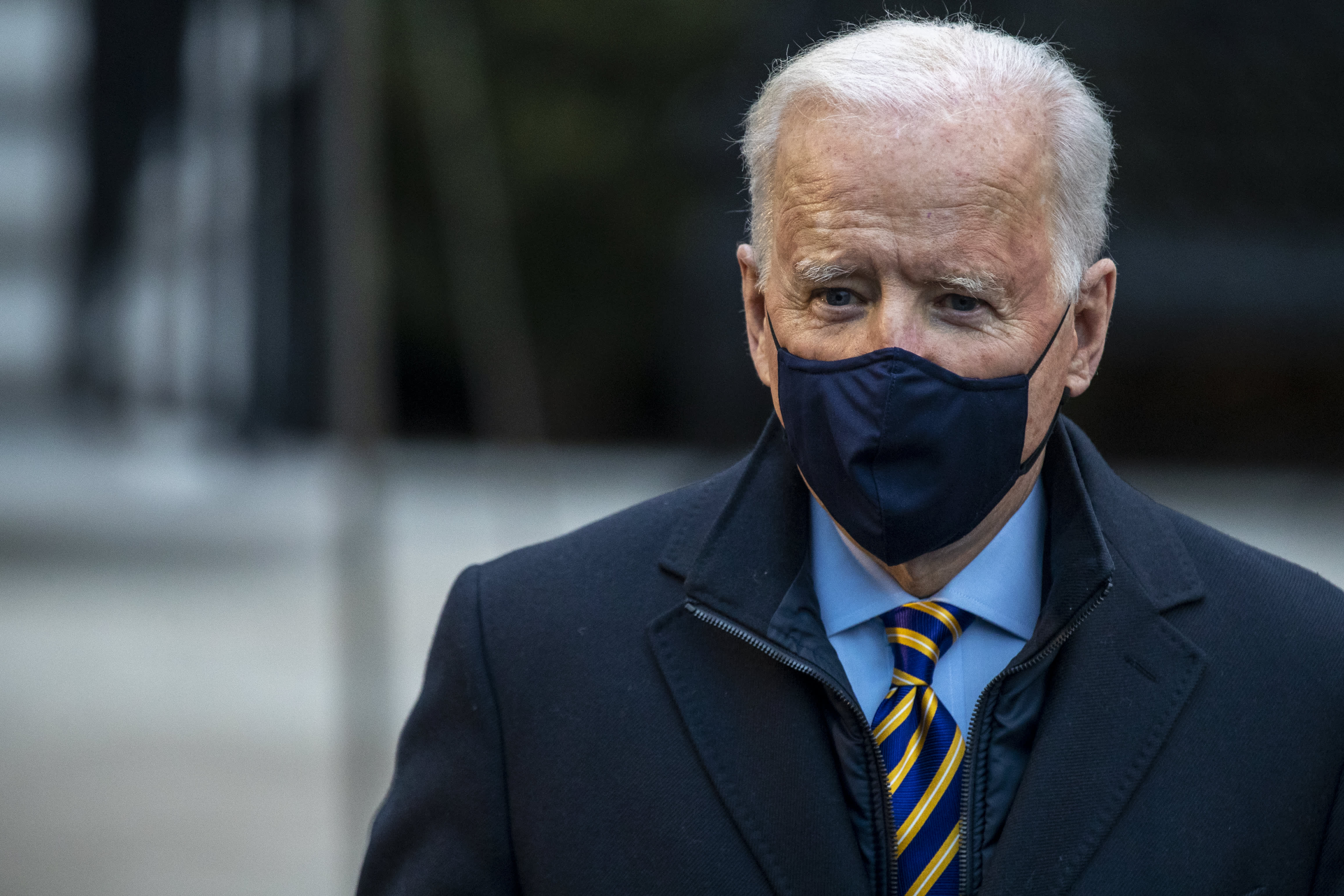
President Joe Biden before boarding Marine One on the South Lawn of the White House on Feb. 16, 2021.
Bloomberg | Bloomberg | Getty Images
A multi-state group of attorneys general on Friday sent a letter to Congress urging the adoption of two resolutions that call on President Biden to cancel up to $50,000 in federal student loan debt.
The letter is signed by the attorneys general of Massachusetts, New York, Connecticut, Delaware, the District of Columbia, Hawaii, Illinois, Maryland, Minnesota, Nevada, New Mexico, New Jersey, Oregon, Vermont, Virginia, Washington and Wisconsin. It supports Senate Resolution 46 and House Resolution 100, which both ask Biden to use executive action to cancel up to $50,000 in education debt per borrower.
“The burden of insurmountable student loan debt has crippled the finances of families across this country and widened the racial wealth gap,” Massachusetts attorney general Maura Healey, who led the coalition, said in a statement.
More from Invest in You:
Here’s what prominent Black Americans want the next generation to know
President Biden pledges to fix the racial wealth gap. Here are his plans
Black-owned businesses hope this round of PPP won’t fail them
The support for forgiving a larger amount of debt per borrower comes just days after Biden said that he would not cancel up to $50,000 of student loan debt, but said that he is still considering writing off $10,000. Still, advocates for debt forgiveness, including Senate Majority Leader Chuck Schumer, D-N.Y., and Sen. Elizabeth Warren, D-Mass., and borrowers themselves have continued to pressure Biden to erase a larger amount.
To be sure, many argue that canceling student loan debt is unfair to those who have paid off their loans, and that canceling a lower amount is a more targeted approach.
The letter says that many borrowers struggling with student loan debt are victims of for-profit colleges, have been hit hard by the pandemic and have few options for relief if the burden of their debt is unmanageable. Student loan debt generally cannot be discharged in bankruptcy, and very few people have been able to get relief through current programs such as Public Service Loan Forgiveness.




